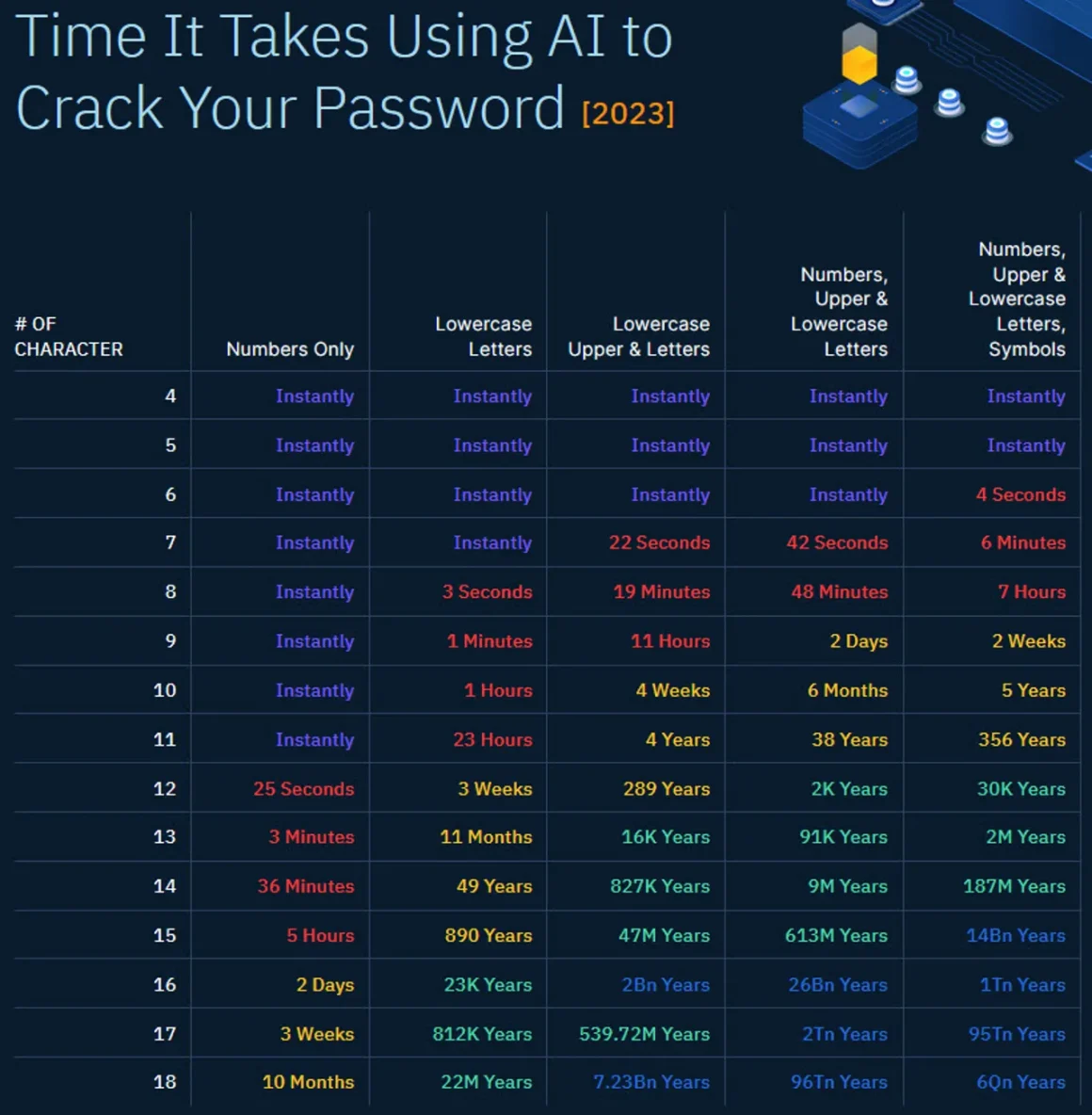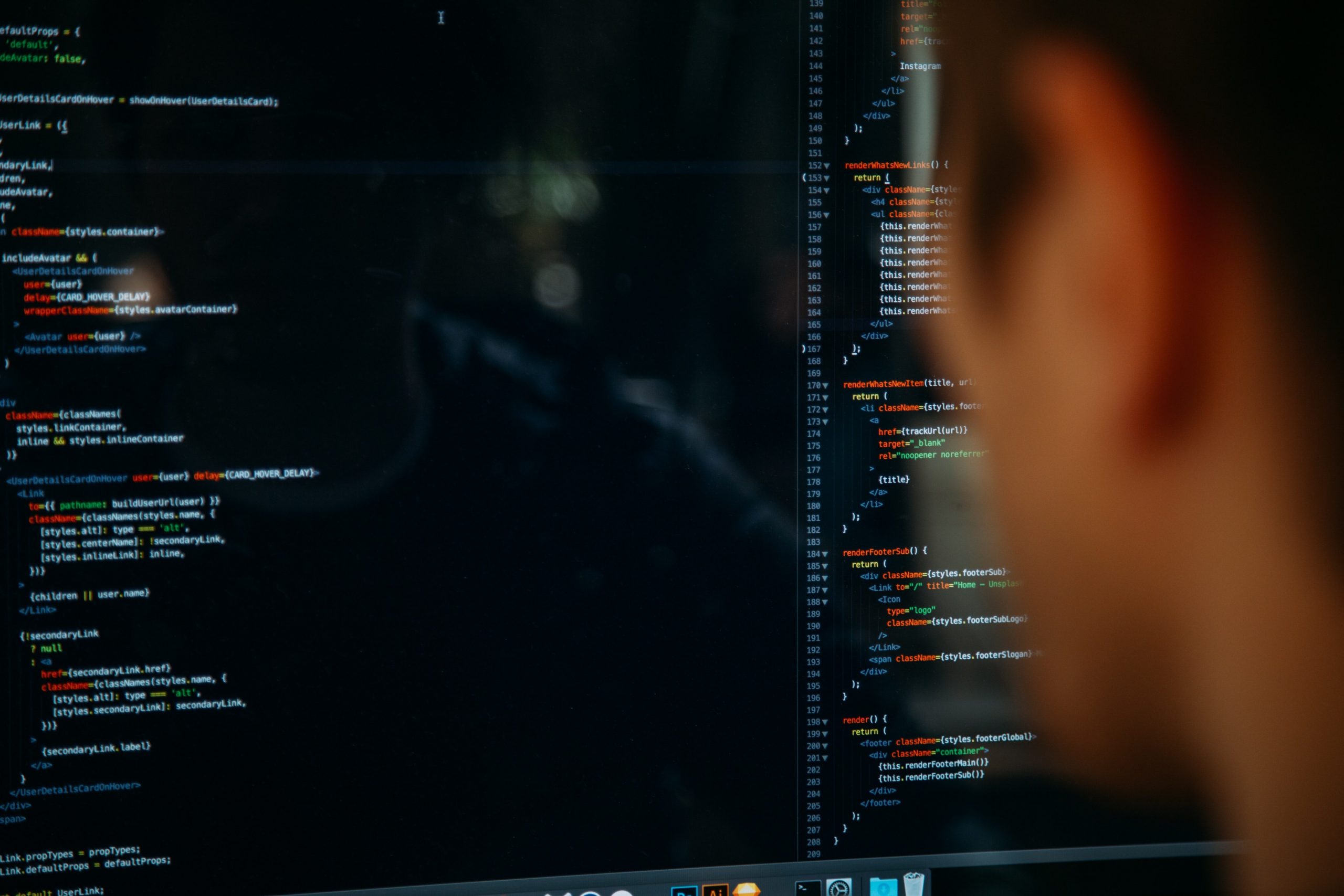The most secure were those which incorporated both length and complexity in their passwords.
Artificial Intelligence is capable of decrypting more than 50% of passwords that are used frequently in less than a minute, a new study has found.
The study, conducted by Home Security Heroes, analysed a dataset of 15,680,000 passwords using PassGAN, an AI password cracker, and discovered that 51% of these passwords could be cracked in less than a minute.
The report also found that 65% of frequently used passwords can be cracked within less than an hour.
PassGAN is able to perfect the art of password cracking by analysing real passwords from genuine leaks rather than using the customary manual techniques.
Such an automated approach can be seen as posing a risk by assisting criminals in quickly and effectively cracking passwords.
Home Security Heroes examined all of the common passwords and discovered that 81% of them could be broken in less than a month, 71% in less than a day, 65% in under an hour, and 51% in under a minute.
It was found that a password’s susceptibility to cracking depended on both its length and complexity. PassGAN only needed six minutes to crack a seven-character password that included capital and lowercase letters, digits and symbols.

It also only took three minutes to crack a 13-character password made up entirely of numbers.
The most secure passwords were those that combined both length and complexity. An 18-character password with only numbers would take 10 months to crack, whereas a 10-character password with all the different types of characters would take up to five years.
It would take six quintillion years to decrypt one with 18 characters containing all the different types.
Cracking the cracker
The ease in figuring out passwords lies in the fact that the majority of password-cracking software employ straightforward data models, concatenation as a password creation mechanism, and presumptions regarding password patterns.
In contrast however, PassGAN uses the GAN (Generative Adversarial Network) component to operate on a neural network, which has the capacity to evaluate and learn from data in order to become increasingly intelligent.
To foster a more suitable type of password hygiene, Home Security Heroes suggested adhering to a few guidelines.
One’s password will be more difficult to crack if it is longer and stronger. Employ strong password patterns by having a minimum of 15 characters, at least two letters (uppercase and lowercase), numerals, and symbols, as well as staying away from obvious patterns like real words.
It is also advised to regularly change one’s passwords if you are worried that someone might have peered through your accounts. In either case, people are advised to regularly update their passwords to prevent unauthorised access.
Avoid using the same password for several different accounts, as a compromised password can then be used by a hacker to access all of the individual’s other accounts.







